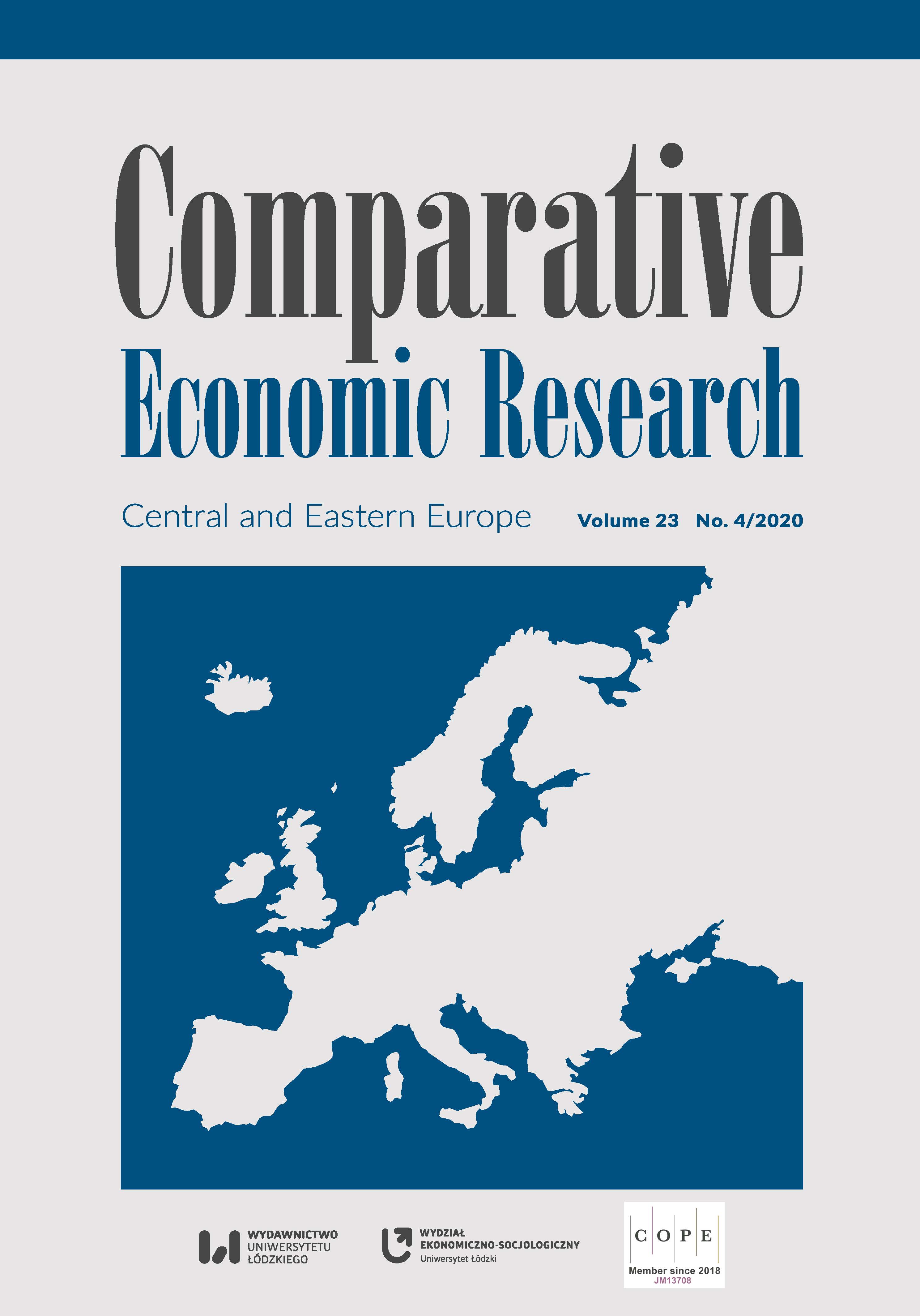Investment in Human Capital Within the Creative Economy Formation: Case of the Eastern and Central Europe Countries
Investment in Human Capital Within the Creative Economy Formation: Case of the Eastern and Central Europe Countries
Author(s): Sergiy Londar, Andrii Lytvynchuk, Nataliia Versal, Tatiana Posnova, Hanna TereshchenkoSubject(s): Economy, Education
Published by: Wydawnictwo Uniwersytetu Łódzkiego
Keywords: human capital; investment in human capital; education; education funding; creative economy; innovation economy
Summary/Abstract: The purpose of the article is to determine the link between investing in human capital and the formation of the creative economy. Given that human capital is considered both a factor in the socio‑economic development of countries and a prerequisite for the formation of the creative economy and consequently, for the modernization changes in today’s economy, there is a need to study the areas of investment in human capital. The study is based on an analysis of a number of indicators in Eastern Europe (Ukraine and Moldova) and Central Europe (Poland, the Czech Republic, Romania, Hungary, and Lithuania): total expenditure on education, the analysis of which made it possible to determine the level of education funding in each country; the average cost per pupil/student, which allowed us to identify trends in spending by funding organizations; the share of total expenditure on education in GDP, depending on the level of education, which made it possible to determine the priority and sufficiency of education system funding; the cost allocation indicator by funding organizations; and the human development index, which measures living standards, literacy, education, and longevity. The study also focuses on analyzing data that determine the global innovation index, since its calculation is based on the assessment indicators of human capital and research (education, tertiary education, research, and development) and creative outputs (intangible assets, creative goods, and services, online creativity). Based on the results of the research, it was concluded that human capital is the main factor that boosts the creative economy, and enhancing human capital depends on the level of education and scientific progress in a country. Empirical evidence shows that directing investment in human capital contributes to the formation of the creative economy, improving the competitiveness of countries, and at the same time, ensuring the appropriate rates of their socio‑economic development.
Journal: Comparative Economic Research. Central and Eastern Europe
- Issue Year: 23/2020
- Issue No: 4
- Page Range: 129-148
- Page Count: 20
- Language: English

